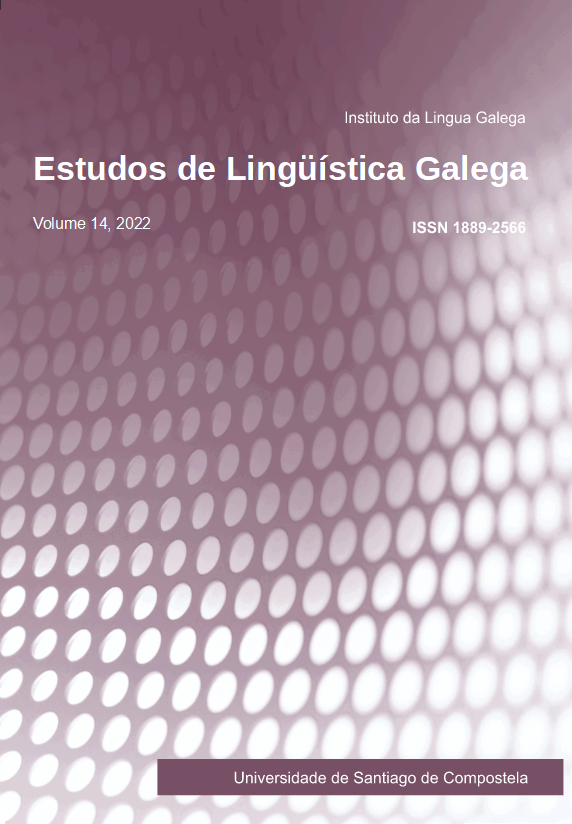The Portuguese Language Orthographic Agreement of 1990: principles and applications
Main Article Content
Abstract
Keywords:
Article Details
References
Acordo ortográfico da língua portuguesa: resolução da Assembleia da República nº 26/91 de 23 de Agosto (1991). Lisboa: Ministério da Defesa Nacional, D.L.
Barros, João de (1540): Grammatica da língua Portuguesa, in M. Leonor Carvalhão Buescu (1971): João de Barros. Gramática da lingua portuguesa. Reprodução facsimilada, leitura, introdução e anotações por …. Lisboa: FlUL.
Castro, Ivo / Inês Duarte (1987): “Crítica do Acordo de 1986”, in Ivo Castro / Inês Duarte / Isabel Leiria (orgs.), A demanda da ortografia portuguesa. Lisboa: João Sá da Costa, 1-100.
Castro, Ivo / Isabel Leiria (1987): “As reformas ortográficas: do romantismo à actualidade”, in Ivo Castro / Inês Duarte / Isabel Leiria (orgs.), A demanda da ortografia portuguesa. Lisboa: João Sá da Costa, 204-218.
Castro, Ivo / Inês Duarte / Isabel Leiria (orgs.) (1987): A demanda da ortografia portuguesa. Lisboa: João Sá da Costa.
Feijó, João de Morais Madureira (1734): Orthographia, ou arte de escrever e pronunciar com acerto a lingua portuguesa. Lisboa occidental, Na Officina de Miguel Rodrigues Impressor do Senhor Patriarca.
Mateus, M. Helena Mira et al. (20035): Gramática da Língua Portuguesa. Lisboa: Editorial Caminho.
Mateus, M. Helena Mira (2006): “Sobre a natureza fonológica da ortografia portuguesa”, Estudos da Língua(gem) 3, 159-180.
Rogers, Henry (2005): Writing Systems. A Linguistic Approach. Oxford: Blackwell Publishing.
Sgall, Petr (1987): Towards a theory of phomenic orthography, in Philip A. Luelsdorff (ed.), Orthography and Phonology. Amsterdam / Philadelphia: John Benjamins Publishing Company, 1-30.
Vasconcelos, Carolina Michaëlis de (1911): “A ortografia nacional”, Revista Lusitana XIV, 200-226.
Vera, Álvaro Ferreira de (1631): Orthographia ou modo para escrever certo na lingua portuguesa. Em Lisboa. Per Mathias Rodriguez, Prologo: §2.
Most read articles by the same author(s)
- Isabel Almeida Santos, Directions and rhythms of linguistic change: vowel alternation and number inflexion in Portuguese , Estudos de Lingüística Galega: Vol 7 (2015)
- Isabel Almeida Santos, Phonological competence in Portuguese as a non-native language: rhotics , Estudos de Lingüística Galega: Vol 14 (2022): Estudos de Lingüística Galega


